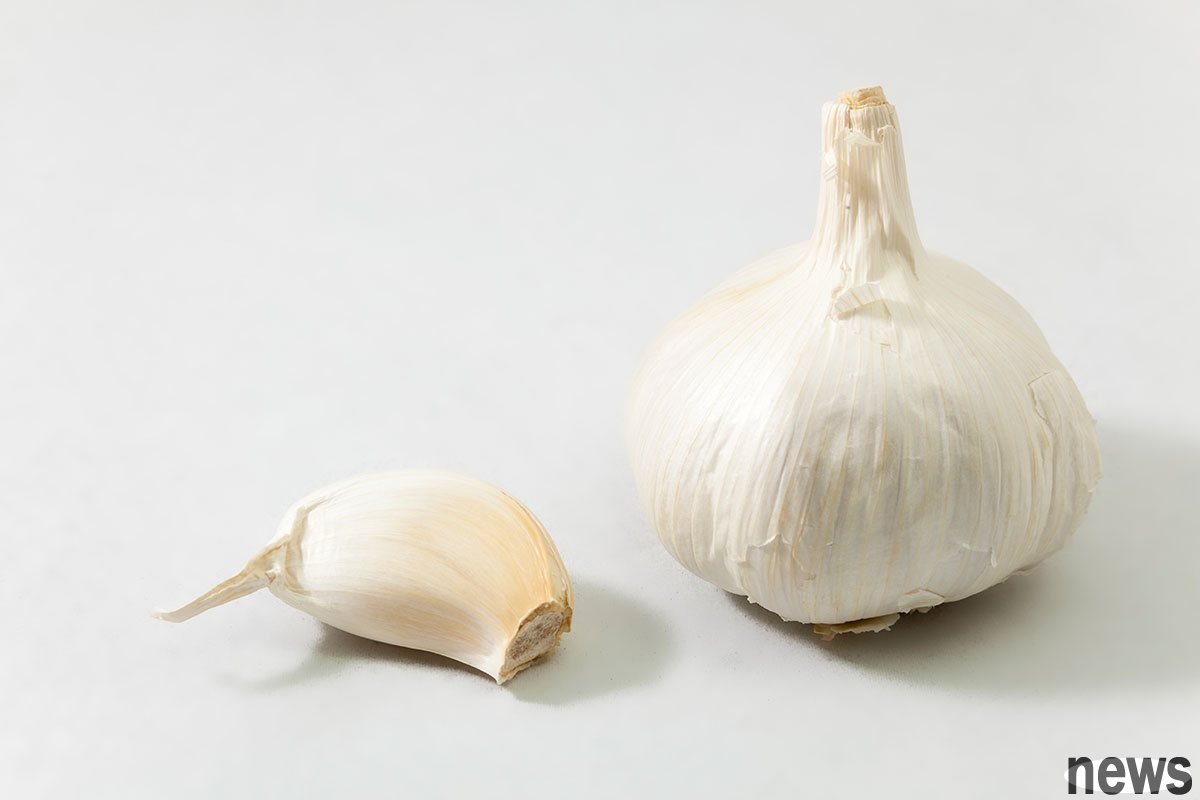
Even the health-conscious person may ignore the storage of some items in the refrigerator that may produce toxins. Daily postings, many people know the dangers of keeping canned, unsealed raw meat and fish, but they don’t know that some vegetables can also cause health problems.
Food scientists strongly suggest that ginger, garlic, ginger, cucumber and pepper be placed in the kitchen or in the storage room; putting them in the refrigerator will promote bacteria growth and change the taste from fresh and crispy to soft.
Certain refrigerated foods may have poisonous bacteria, and the sausage and garlic in the refrigerator will grow black, which may cause kidney injury, lung infection, acute otitis media and allergic reactions. Ejaculation can also grow short and dense blue bacteria, and inhaling its spores will cause respiratory problems; eating it will reduce immune function, cause stomach inappropriateness, and may cause liver poisoning.
Garlic, sausageGarlic and sausage belong to sausage. If placed in a cool and dry place, the temperature is about 65 degrees below Hua's, so there is no need to refrigerate; however, once peeled or sliced, experts recommend storing them in an airtight container in the refrigerator.
The low temperature and moisture environment in the refrigerator will convert the powder in the elixir into sugar, making it softer and more moister faster. Margarethe Cooper, an expert in food safety and microbiology at the University of Arizona, pointed out that in a cool, windy and dry place, the shelf life of the whole sausage can last for three months or even half a year. It can be eaten as long as it is dry, solid, complete, and has no sprouting.
She reminded that they should be taken out of the bag. If the sausage is placed in a plastic bag without keeping the air flowing, it will leave the moisture in the bag, prompting the growth of microorganisms such as bacteria and shortening the shelf life.
Refrigerated garlic may also grow green buds after a few days, which greatly shortens the shelf life and may also become bitter and change the taste of the dish, but the risk of health is extremely low.
Yellow gingerThe low temperature and moisture environment will make the unpeeled ginger look like rubber or even moldy; low temperature will also make the spicy taste of ginger lighter and affect the flavor of cooking food. In a cool and dry place, unpeeled ginger can be stored for weeks.
If inhaling bacterial spores of the ginger epidermis, it may cause sneezing, nasal congestion, rash or asthma. Some bacteria may cause nausea and other stomach problems, liver and kidney damage, and immune reduction after infiltration.
Little GourdLittle Gourd is extremely sensitive to low-temperature and damp environments, and can easily cause "cold damage", causing softness and corruption. A wet environment is most conducive to bacterial growth, especially softer cucumbers, sedum and melanin, which will reproduce in large quantities on rotten cucumbers. If refrigerated but not placed in a closed container, the accumulated moisture will accelerate the rot of the cucumber; once refrigerated, eat as quickly as possible, and do not exceed three days.
Put the cucumbers in the kitchen at room temperature to maintain the flavor of the cucumbers best, but the shelf life will only be shortened to a few days. Ethylene in ripe fruits (such as apple, banana, pear, quirky and tomato) will also accelerate the rot of small cucumbers nearby.
Colored pepperFive colors of bell peppers in the refrigerator, the low-temperature and moisture environment will destroy their cell structure, lose their brittleness, and become soft; unless they are cut over, they do not need to be refrigerated and stored in a cool and dry place. Maddy Rotman, director of Imperfect Foods, a fruit and vegetable dispenser, said that moisture is the key, and moisture will cause the bell pepper to lose its crispness and try to put it on a storage room or a shelf.
Responsible editor: Gu Zihuan